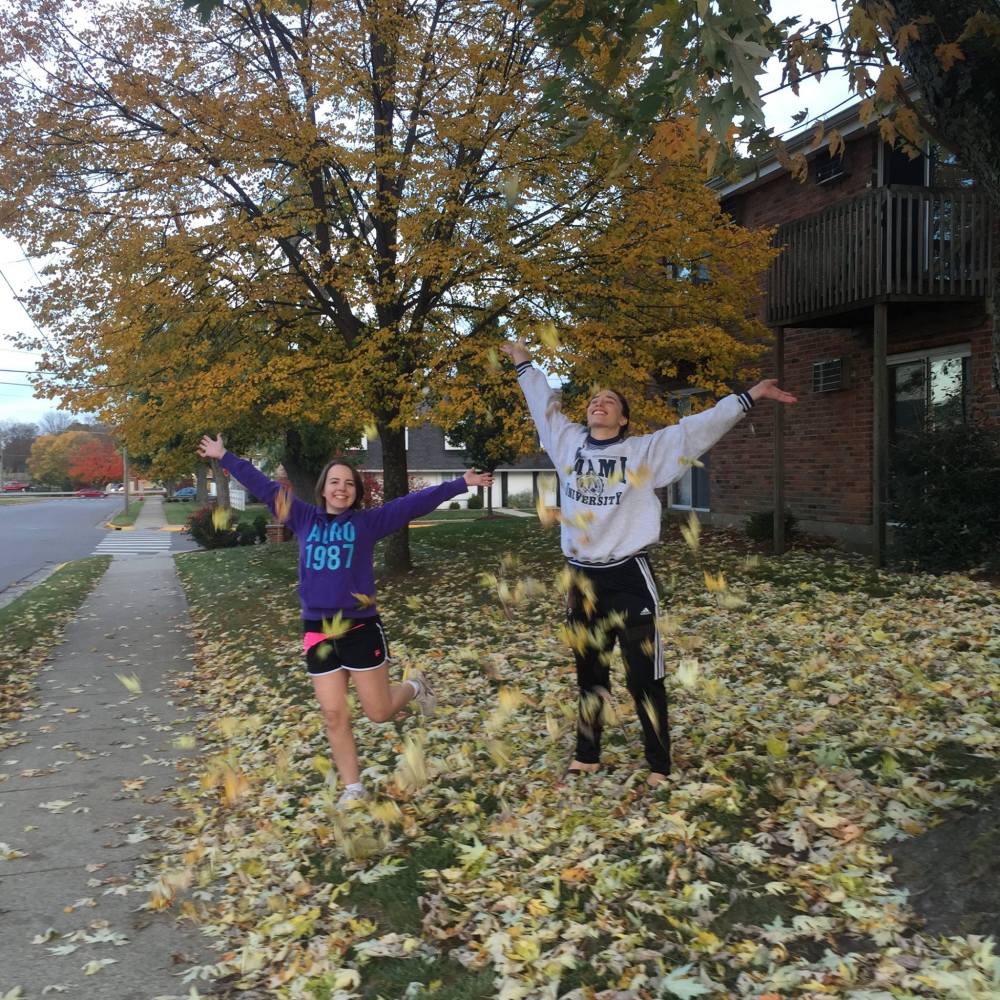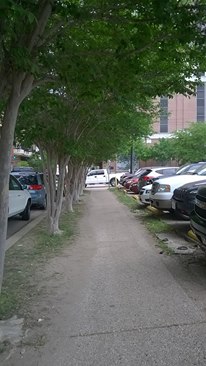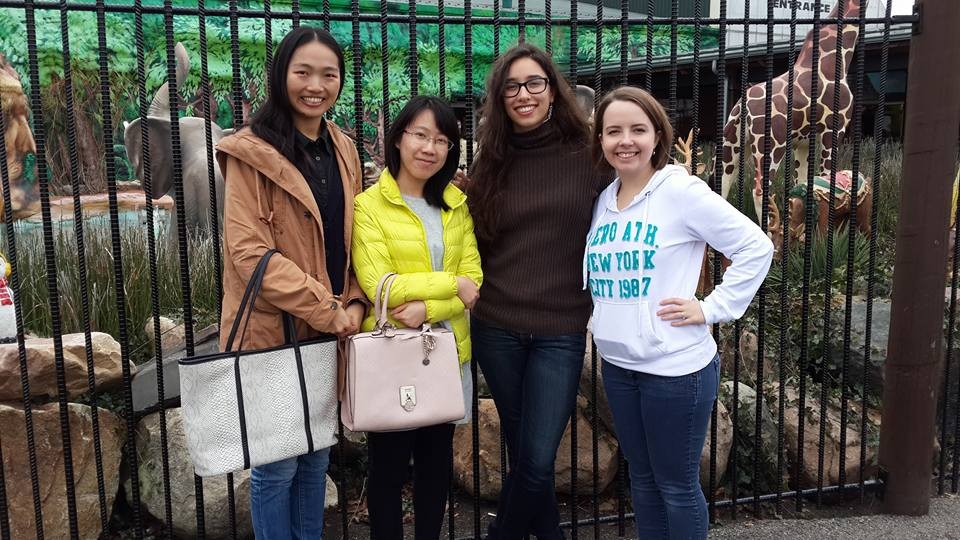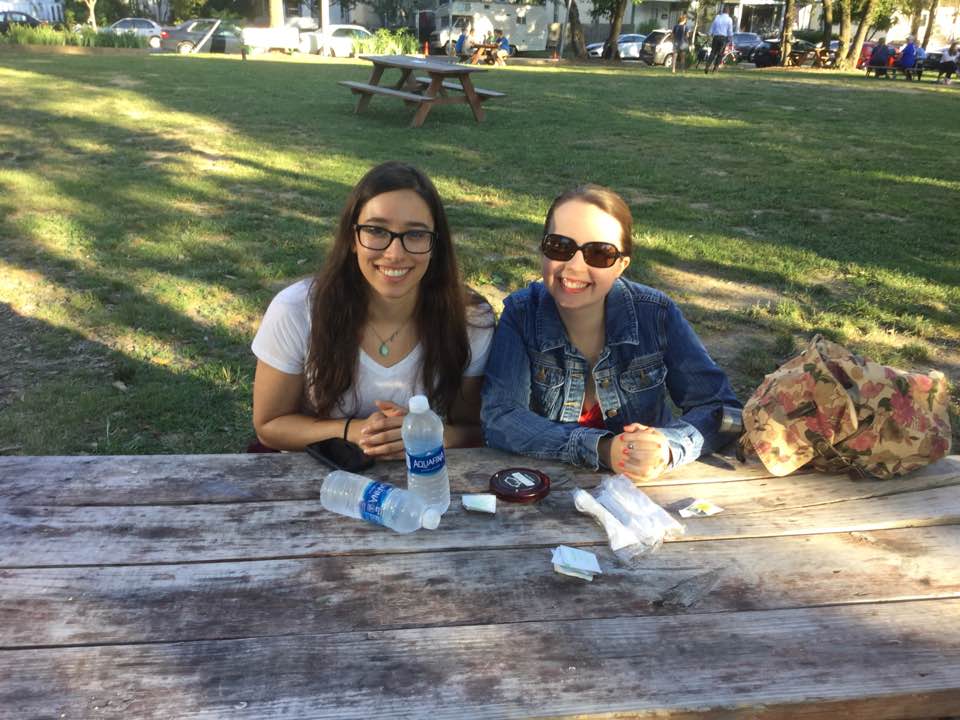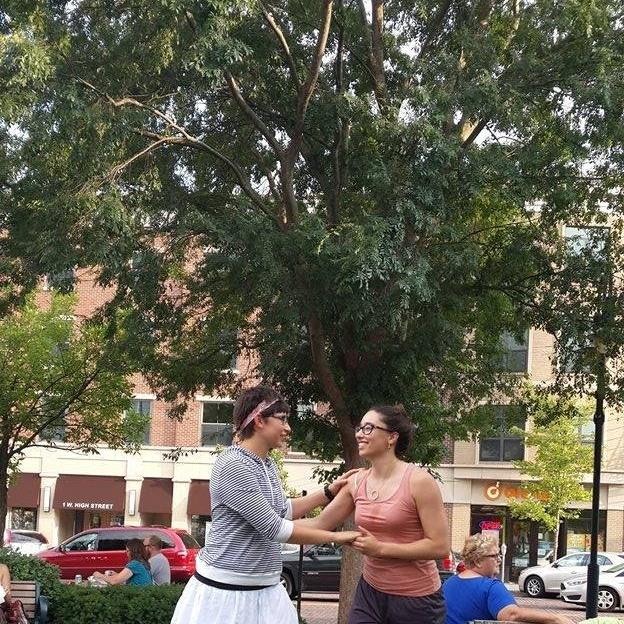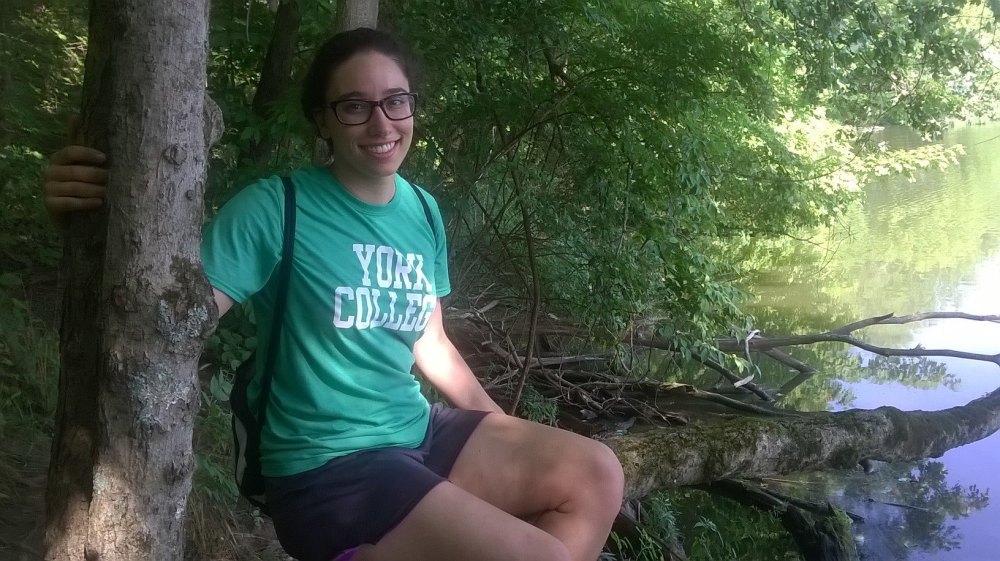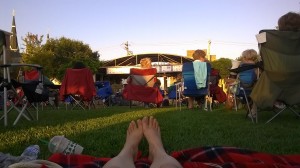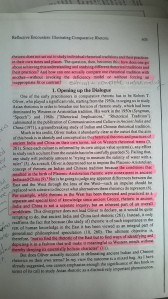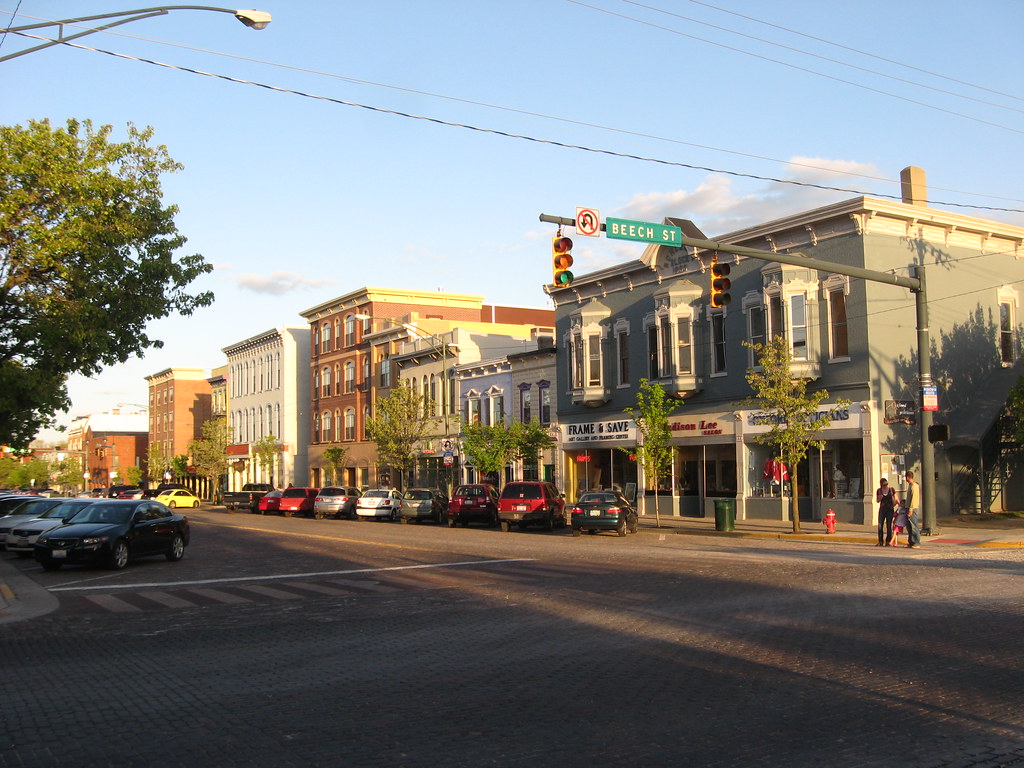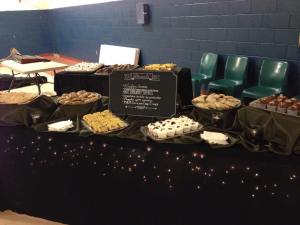
The two hardest things about living on my own this year

Everyone’s experience with becoming an adult is different. Everyone’s experience with living on their own for the first time is different.
This is mine.
Now that I’ve been at this a year, I realize there are many themes that are caught up in my thoughts on living on my own in graduate school. Themes of family and love and loss. Life and death, waking and sleeping, crying and laughing, working and being still.
So, today, to narrow it down, I asked myself: What have been the two biggest challenges of living on your own in graduate school this first year? These are the answers I came up with:
- The experience of graduate school itself
- Loneliness
I say these things not to lament them, but instead to be honest about my experiences, to learn from them, to grow from them. And, perhaps, to give you a window into my life that maybe you didn’t have before. So here goes.
The Experience of Graduate School Itself
I’ll try to describe graduate school for you.
Imagine you wake up in the morning to the three alarms you set for 6:30am. You make some coffee and eggs. For a moment, as you sit at the kitchen table, everything is dark and quiet. Then, you take a breath, chug the rest of your coffee (you drink it black for a number of reasons: cost, convenience, etc.), and pack your bag for the day.
You spend the morning teaching your classes, grading homework, and lesson planning for the next class. If you have time, you’ll get started on other projects. In the tiny office you share with 3 other graduate students, you snack on stale animal crackers that make your mouth dry. For lunch, you eat the same thing you ate yesterday—which is good and healthy, if perhaps slightly boring.
In the afternoon, you do a number of things: Sometimes, you go to your own classes. Most of them are once a week, three hours long. If you’re on a committee, you go to the meeting and take notes about what’s happening. If you’re not in class or meetings, you read the reading you’re already behind on, work on class assignments, schedule travel, try to scrounge up funding, do some tutoring for extra money, or perhaps get involved on one or two or three of the “side projects” that, while no one tells you to do them explicitly, you know they’re implicitly expected of you—”as an academic.”
As you work on many of these “side” projects, you’re expected to plan, organize, and complete them all with little or no outside guidance. You receive nearly no supervision, except for extreme moments of scrutiny from your superiors, peers, or the “academic community” at large. These side projects include presenting at conferences, writing and publishing (or trying to) material, doing research for your thesis, serving on the editorial board of a small journal, etc. This is normal.

You go home around 5:00 or 6:00 in the evening. You eat dinner—maybe the same thing you ate for lunch, the same thing you ate for dinner the night before, and lunch yesterday, as well. Which, again, is perfectly fine. It’s just a little boring and probably has some kind of beans as a main ingredient. You remind yourself that this boringness is your own fault—after all, you usually only have time to cook one or two main dishes over the weekend, and you usually try to cook for the week. To be efficient. You almost never go out to eat.
After dinner, you spend some time answering emails (really, you’ve been answering them all day). You also use this time to pay your rent or other bills; perhaps send some messages to family members; try to untangle any kind of paperwork, medical, house or car repair, billing, or financial disorders; and generally catch up on the kind of maintenance that managing a life requires, a task that’s sometimes pretty excruciating.
If you have time to work out, you often do that.
After you’ve worked out, you do some reading, answer more emails, grade papers, and/or continue doing the work that you were essentially doing earlier in the day until it’s 8:00 or 9:00 pm. Your eyes burn from looking at your laptop.
Then you go to bed, falling asleep to a YouTube video and the sound of a fan because it’s always hot in your room.
If you’re not careful, this pattern will consume your life.
If I’m being honest, this has been my experience during the times that I’ve let it be. Like I said, if I’m not careful and conscious, I will let it consume me. Much is to be said for budgeting my time, making time for social events, staying in touch with friends and family, going out of my small college town for a day. There is truly an art to healthy balance. And while I can’t say I’ve figured it out quite yet, I think I’m getting closer.

Loneliness
Loneliness is a strange thing that I think everyone experiences in different ways.
I left home a year ago. I’ve carried bits of it with me. I own things like childhood books, stuffed animals, pillows. I have jewelry from my grandmothers, recipes from my mom, scarves from friends. On my desk is a small candle that smells like vanilla and fits in the palm of my hand. A porcelain bird sits atop a stack of books. In my pantry is a jar of coconut oil whose contents are now flat and mirror-like from the many times when the AC was out. Still, it feels like gold.
Although I can say with confidence that I’m rather happy with my lot as a single lady and don’t really have any concrete reason to be discontent, in moments of weakness, I do often think of what life would be like to not be alone. This “not-being-alone” can take many forms.
I might think of the day when/if I’m married and have my own family. I might think of what will happen after I finish my work here and look for a job—perhaps and ideally I’d find one closer to my family. Sometimes I think about ways I can try to develop my support network here more.
It can be difficult to develop these close friendships in Oxford, Ohio. Because it’s a college town, the population is often strangely either permanent or transient. There are two large groups of people: students who come and go and people (usually married with families) who work at the school. In the church I attend, which is large, I have never met another graduate student. I am constantly aware that there simply are not many people like me.
If I’m being honest, there have been times when I doubt my decisions. The knowledge is ever with me that, while I am away, my grandparents are getting older—but I’m not there to lend a set of keen eyes or a strong hand. My little sister is growing up and doing things that make me proud—but I’m not there to see her do them. My cat is getting fatter—but I’m not there to put her on a diet.
When I ask myself, “What do you value about your life?” certainly high on my list is my relationships with family members. And I wonder: What am I sacrificing by being gone for so long with such a short life to live and to give?

These are the things that have crossed my mind. These are the things I think twice about.
However, I’m so thankful that I’ve reached the point where I can be honest about them. In many ways, living on my own through graduate school has been exactly what I’ve needed to grow up, mature, do things on my own. And it has led me to many amazing places and amazing people.
Those parts, I don’t think twice about.
